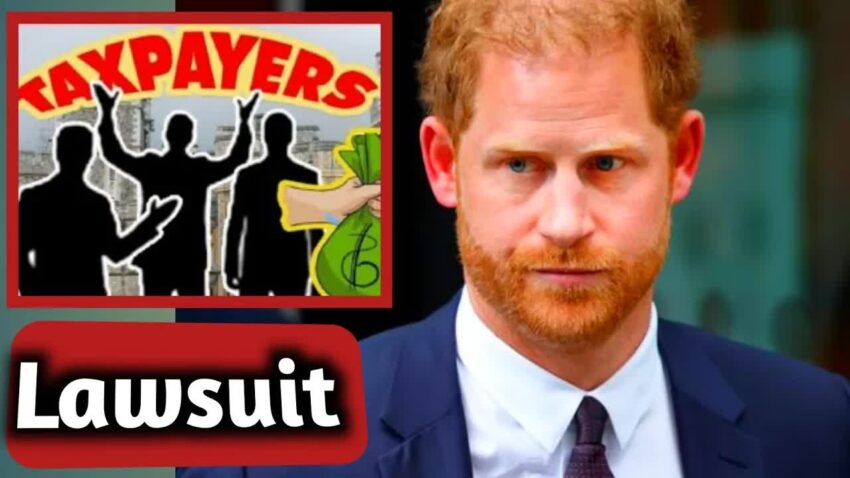Prince Harry’s memoir, “Spare,” has sparked a whirlwind of media attention, blurring the lines between the royal family’s private life and the sensationalism often seen in reality television.
As he delves into personal family matters and ongoing legal disputes, public reactions have been anything but uniform.
Some applaud his bravery for laying bare his truth, while others argue that he should simply enjoy his life away from royal duties.
This memoir raises crucial questions: Is it a genuine expression of vulnerability, or is it just a clever marketing tactic?
At the heart of the controversy lies a lawsuit involving British taxpayers who claim Prince Harry is misusing public funds.
This backlash underscores a growing discontent regarding his choices, particularly those funded by taxpayer money, which many perceive as a betrayal.
Experts like Robert Jobson have labeled Harry’s actions as hypocritical, cautioning him against appearing to complain while still reaping the benefits of his royal lineage.
The challenge for Harry is navigating the fine line between his desire for transparency and the scrutiny that comes with it.
The memoir also brings to light a significant paradox: privacy versus publicity.
The royal family has historically aimed to maintain a low profile, yet Harry’s candid revelations seem to contradict that ethos.
Critics argue that one cannot expect privacy while simultaneously profiting from public intrigue.
The irony is stark—here’s a prince seeking peace while monetizing his family’s intimate secrets.
This contradiction ignites a broader debate about where the boundaries lie between public interest and personal privacy.
Financially, the implications of Harry’s memoir are staggering.
Reports suggest his book deal could be worth anywhere from £18 million to £29 million, figures that certainly raise eyebrows and fuel speculation about his true motivations.
Insider sources hint that these payouts may have increased following the Queen’s death, adding another layer of controversy to a family already known for its loyalty.
Harry’s negotiations from California signal a quest for independence, but they also prompt questions about the potential impact on his reputation and familial relationships.
In the backdrop of Harry’s literary journey, Meghan Markle is penning her own wellness guide, focusing on mental health and empowerment.
While her book stands apart from Harry’s, it shares the same publishing contract, generating its own buzz.
As Harry continues to share his life story, Meghan’s contributions provide a complementary narrative, enriching the overall tale of their experiences.
This dual storytelling approach raises the stakes for future revelations and how the public will respond.
Many are curious about the writing process behind Harry’s memoir.
He collaborated with Pulitzer Prize-winning ghostwriter J.R. Moringer for nearly a year, making this journey not just a professional endeavor but a deeply personal one.
Despite his affection for his family, concerns linger about the potential fallout from his revelations.
Will this memoir act as a vehicle for healing, or will it exacerbate existing tensions within the royal family?
As we consider the broader impact of Harry’s memoir, it’s clear that its implications reach far beyond his individual narrative.
It invites us to reevaluate the relationship between royalty and the public.
The book has ignited discussions around authenticity, mental health, and the evolving dynamics of the monarchy.
By courageously sharing his experiences, Harry encourages us to reflect on our own lives and familial relationships.
This memoir transcends mere tales of royalty; it resonates with the universal quest for truth and belonging.
It fosters a wider dialogue on mental health and self-acceptance, urging readers to engage with their own stories.
In starting with Harry’s journey, we find a mirror reflecting the complexities of royalty and personal authenticity.
Ultimately, Harry’s memoir serves as a lens through which we can scrutinize our own lives.
